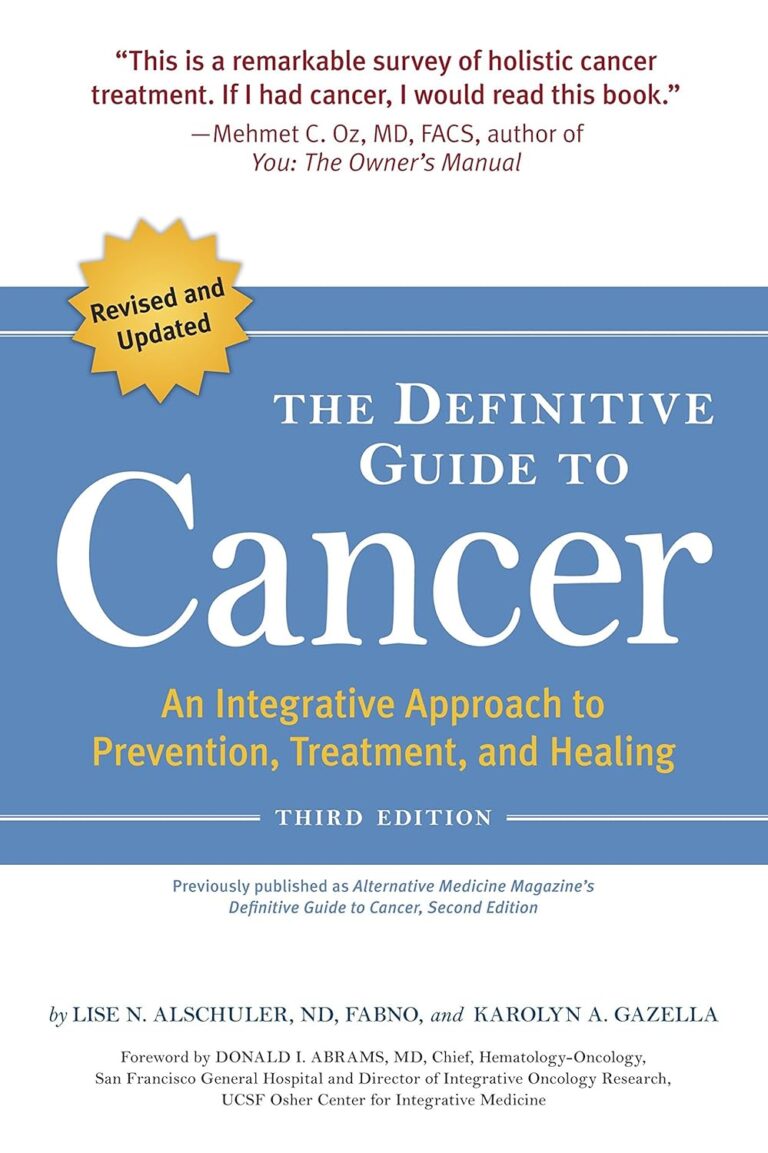
Understanding the nature and effects of tumors is crucial not just for those with a medical background, but for everyone, as tumors affect numerous lives every day either directly or indirectly. This comprehensive article aims to shed ample light on what tumors are, their causes, types, diagnostic methods, treatment options, and coping strategies for individuals living with tumors.
The Basics of Tumor
In simplest terms, a tumor is an abnormal growth of body cells. The human body naturally forms new cells to replace the old ones which die. However, when this process is disrupted, it may result in a buildup of cells leading to the formation of a lump or “tumor”.
While most tumors originate from cells in their immediate vicinity, some may come from elsewhere in the body. Notably, not all tumors are detrimental, and their nature can significantly vary for several reasons which will be discussed later.
Types of Tumors
Benign Tumors: Definition, Properties, and Examples
A benign tumor is essentially a harmless cell growth which does not have the potential to spread to other parts of the body, unlike cancerous cells. They are not life-threatening, and their removal generally guarantees nonrecurrence in most cases.
Examples include lipomas, fibroids, and ademona. Despite their non-threatening nature, their location or size may sometimes cause discomfort or other problems.
Malignant Tumors: Definition, Properties, and Significance
In contrast, malignant tumors are cancerous cells which can invade surrounding tissues or spread to distant areas of the body. Due to this invasive nature, malignant tumors pose a serious health threat and require immediate attention and treatment.
The severity and prognosis of the condition depend on various factors like the type of cancer, stage of identification, among others.
Unknown Or Uncertain Behaviour Tumors
As the name suggests, the behavior of these tumors is unpredictable due to insufficient data or inconsistency in their characteristics. Further research and observation are necessary to categorize them properly.
Causes and Risk Factors of Tumors
While the exact cause of tumors remains unknown, several factors can improve the chances of cell growths forming, including genetic, environmental, and lifestyle factors.
Genetic Factors
Genes play a significant role in cell division and growth. Mutations can cause cells to divide uncontrollably, leading to the formation of tumors.
Environmental Factors
Exposure to harmful substances or radiation can also contribute to the formation of tumors. This includes exposure to chemicals, prolonged direct sunlight, toxins, and radiation therapy.
Lifestyle Factors
Diet, tobacco smoking, alcohol consumption, lack of physical activity, and certain infections all contribute to the risk of developing various types of tumors.
Symptoms And Diagnosis Of Tumors
The symptoms of tumors vary greatly depending on their location and size. Some common symptoms include weakness, fatigue, unexplained weight loss, and changes in the skin.
Several diagnostic procedures like blood tests, biopsy, imaging tests, and endoscopy can be employed to confirm the presence of tumors and ascertain their type and extent.
Early detection significantly improves the chances of a successful treatment, emphasizing the importance of regular health check-ups, especially for high-risk individuals.
Treatment Options and Management of Tumors
For benign tumors, removal through surgery may suffice. However, for malignant ones, the course of treatment is generally a combination of surgery, radiation therapy, and chemotherapy. It’s worth noting that developments in medical science have led to new treatment methods for tumors.
Surgical Treatments
This involves the direct removal of the tumor through surgery. The type and extent of the surgery vary based on the location, size, and type of the tumor.
Radiation Therapy
Radiation therapy kills tumor cells by directing beams of intense energy to the tumor, causing damage to them and halting their division and growth.
Chemotherapy
In contrast, chemotherapy uses drugs to kill tumor cells. It can be systemic (impacting the whole body) or localized (targeting specific areas).
Emerging Treatments and Researches
Advancements in technology and extensive research have ushered a new age of treatment options like Immunotherapy, targeted therapy, and hormone therapy that offer hope for a cancer-free world in the future.
Living with a Tumor: Coping Mechanisms and Support
Support from family, friends, and professional counselors plays a pivotal role in individuals dealing with tumors. A healthy lifestyle encompassing a balanced diet, regular exercise, and stress management is equally important.
Importance of Emotional and Psychological Support
Emotional and psychological support is crucial in the patient’s overall well-being and can greatly impact their recovery process.
Availing Professional Help and Counseling
Professionals counselors, therapists, and support groups provide valuable perspectives and strategies to handle the emotional toll of living with a tumor.
The Role of Healthy Lifestyle in Managing Tumor
Practicing a healthy lifestyle can improve patient’s coping mechanism, strengthen their immune system, and minimize potential tumor-causing risks.
Get to know us better
If you are reading this, you are in the right place – we do not care who you are and what you do, press the button and follow discussions live

Conclusion
Tackling tumors starts with a comprehensive understanding of their nature, types, causes, and treatments. Awareness and precautionary measures can contribute significantly to preventing or managing this health condition.
This journey untangling the mysteries and complexities of tumors serves as a reminder of the strides in medical science, the resilience of those living with tumors, and the persistent hope of a tumor-free future.
FAQs
1. What is the primary difference between a benign and malignant tumor?
The potential to spread or invade other parts of the body differentiates a benign tumor from a malignant one.
2. Are all tumors cancerous?
No, not all tumors are cancerous. Only malignant ones are.
3. How can one reduce the risk of developing tumors?
Maintaining a healthy lifestyle, limiting exposure to cancer-causing substances, and getting regular medical check-ups can help reduce the risk.
4. Do tumors always show symptoms?
Not necessarily. Many tumors don’t cause symptoms until they’ve grown relatively large.
5. What advancements have been made in tumor treatments?
New treatment methods like Immunotherapy, targeted therapy, and hormone therapy have shown considerable promise in treating tumors.

















Comments
Thank you. Comment sent for approval.
Something is wrong, try again later